Brexit inflicted £40 billion a year on UK: Senior economist
A senior economist at the Bank of England (BoE) says Britain has lost £40 billion a year since Britons voted to leave the European Union in a June 2016 EU referendum.
Gertjan Vlieghe, a member of the BoE's monetary policy committee, said the Brexit referendum inflicted a 2-percent loss on the UK economy, a figure which he said amounts to £800 million a week, or £40 billion a year.
“That 2% of GDP is not trivial, that’s £40 billion or if you prefer it in bus units, it’s £800 million a week,” said Vlieghe, making a reference to a bus campaigning for Brexit before referendum (pictured below) on which it was written that by leaving the EU, Britain could save £350 million on EU membership fees each week and spend it on National Health Service (NHS).

The BoE has estimated, however, that the total loss on the British economy as a result of Brexit has been around £55 billion.
Vlieghe said Brexit has been a significant domestic economic event which caused growth in the UK to slow at a time when the rest of the world recorded one of its strongest periods for growth of the past decade.
Elaborating on that, the economist said that all other members of the group of seven industrialized nations, known as G7, had experienced an annual growth of six percent in business investment while the figure for the UK economy dropped 3.7 percent last year to stuck around zero.
He also said that Brexit caused a sharp fall in the value of the pound, piling more pressure on the households and slowing the consumer spending.
“UK growth in the past two years has been weaker than we would have expected based on the performance of the global economy alone,” said Vlieghe in a Friday speech in London, adding, “It is very unusual for investment to shrink that much when the rest of the world is doing pretty much just fine, until at least recently.”
Diplomat discourages recourse to pressure, intimidation, confrontation against Iran
UN: 2024 deadliest year for aid workers amid genocide in Gaza
Gaza health official warns of hospital shutdowns within 48 hours
Israel kills 5 more paramedics in southern Lebanon: Health ministry
Iran to launch ‘new, advanced’ centrifuges in response to IAEA resolution: AEOI
Yemen fires hypersonic missile at Israeli airbase
VIDEO | New Delhi chokes under toxic smog as air quality remains at hazardous levels
VIDEO | Press TV's news headlines


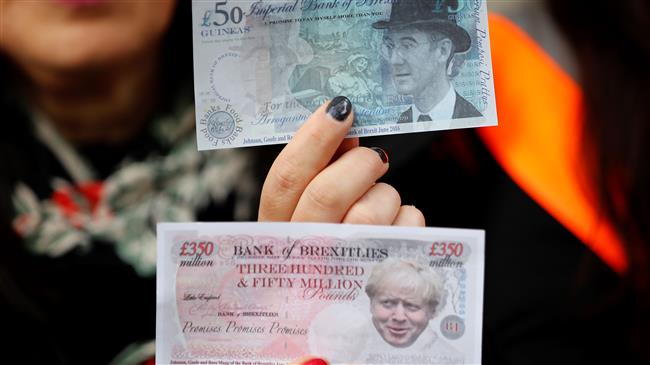

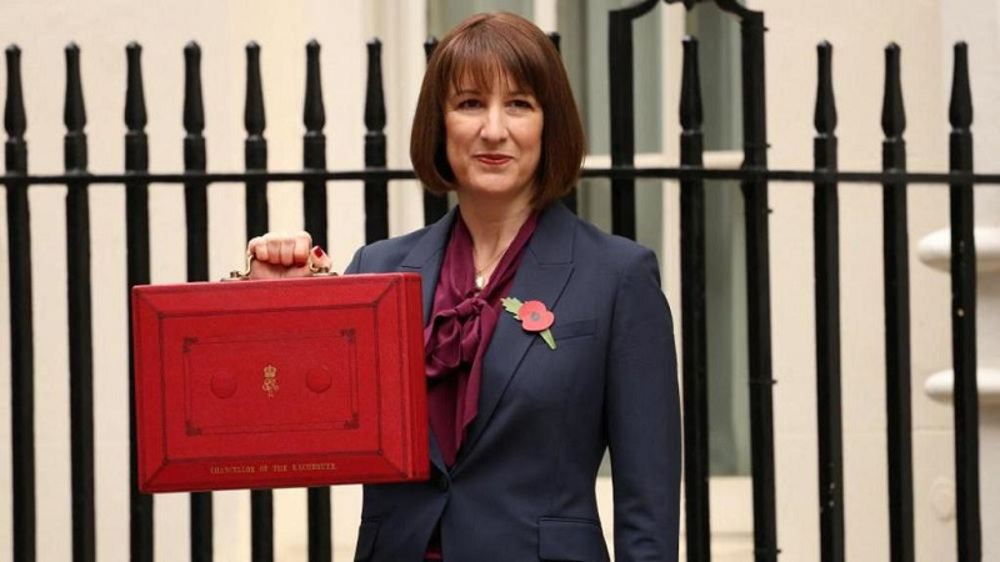




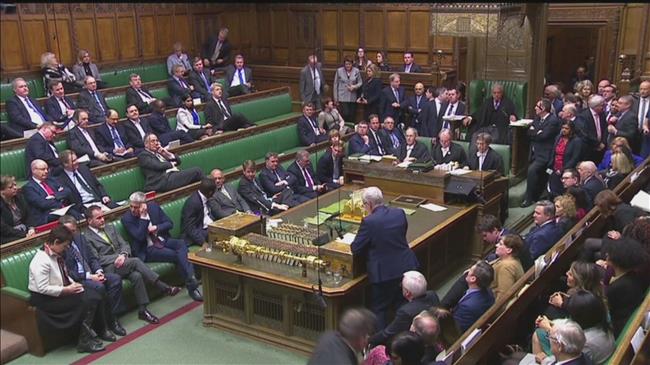
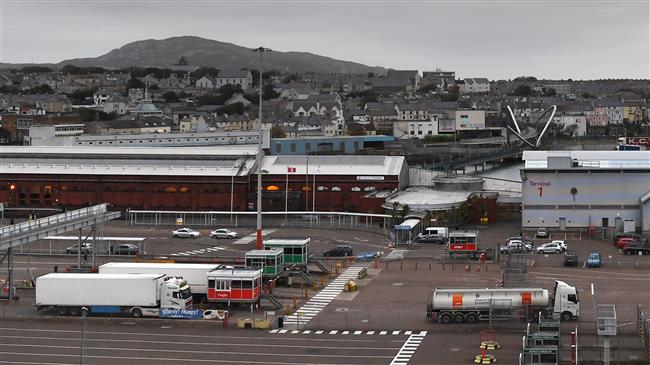
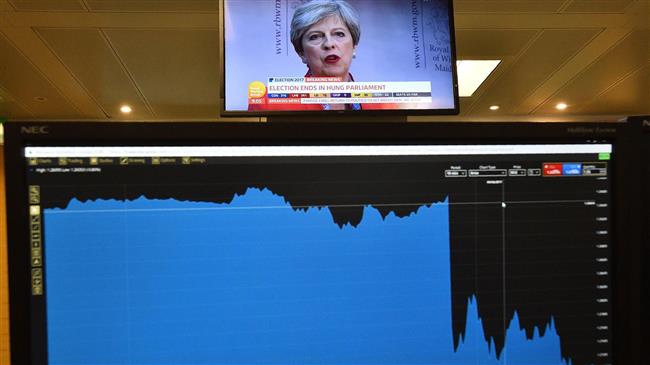
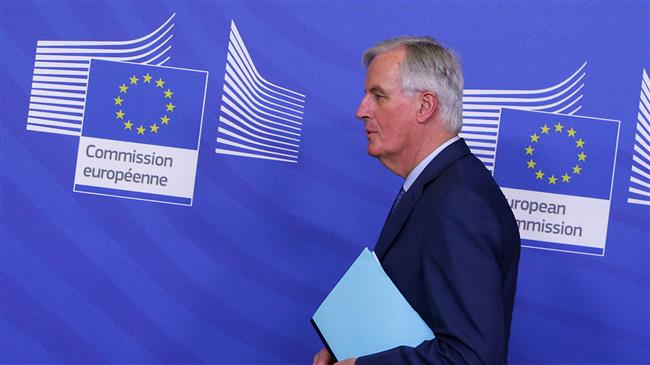

 This makes it easy to access the Press TV website
This makes it easy to access the Press TV website